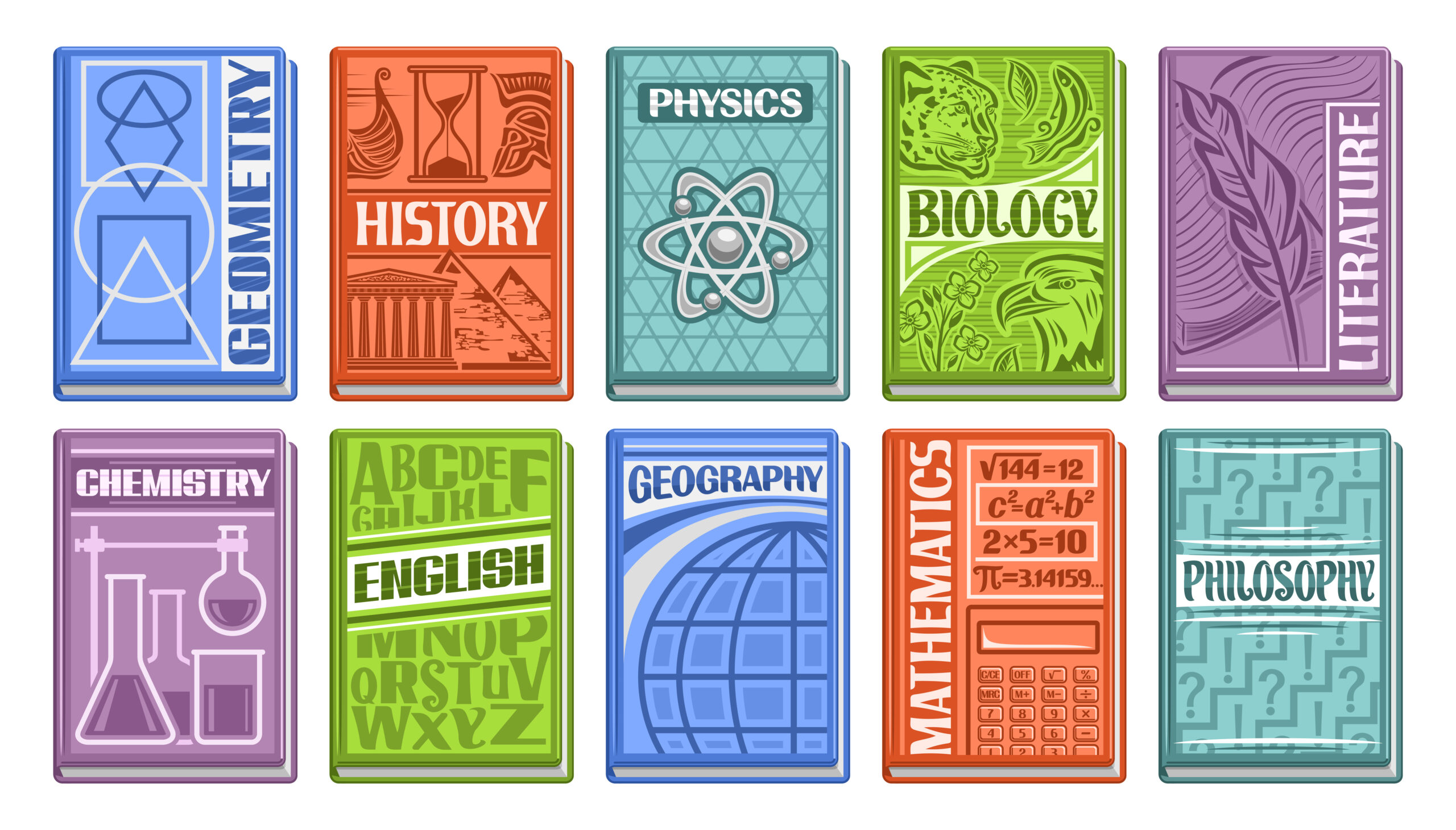ACTA in the NewsAccreditation
U.S. Panel Wants Higher Ed Accreditors to ‘Step Up’
After years of discussions over whether college accreditors should have bright-line metrics to gauge college performance, a federal advisory

There is no denying it: One of the effects of technological advancement is the overspecialization of the workforce. Gone are the days of the local family practitioner. Now there are cardiologists, chiropractors, neurologists, and geneticists—a physician for each member of the human body. While in-depth knowledge of one body system is valuable, problems arise when specialists do not confer with each other. A person with kidney and heart conditions might consult a nephrologist and a cardiologist to receive specialized care for both conditions. However, if specialists do not have a holistic understanding of the body, or if they fail to communicate with each other, the cardiologist might prescribe a medication that is harmful to the patient’s kidneys and vice versa.
Overspecialization within higher education poses similar problems. Most students choose a major their freshman year and then dive immediately into degree-specific courses. At the same time, institutions are throwing out the “outdated” liberal arts core curriculum in favor of general education courses oriented toward individual majors. At first glance, this seems reasonable. Colleges and universities want to make sure that students are as educated as possible in their field of study before graduation. However, students’ career prospects will also be harmed if they do not receive basic training in the liberal arts and sciences. Research has shown that studying these essential subjects develops important abilities that employers prize, like communication and critical thinking skills. Without these skills, they will not be attractive job candidates, even if they have taken every course in their selected degree.
Interdisciplinary study enhances students’ competency in their chosen specialization by helping them understand how their major relates to other disciplines, apply their specialized knowledge in different contexts, and effectively communicate what they know. This style of education goes back to the earliest universities. In 1828, Yale University published its Report on a Course of Liberal Education, which defines the general subject areas that all students should explore and the important skills these subjects cultivate:
From pure mathematics, [the student] learns the art of demonstrative reasoning. In attending to the physical sciences, he becomes familiar with facts . . . In ancient literature, he finds some of the most finished models of taste. By English reading, he learns the powers of the language in which he is to speak and write. By logic and mental philosophy, he is taught the art of thinking; by rhetoric and oratory, the art of speaking.
Each of these disciplines is not only crucial for developing a well-rounded individual but is also highly sought after in the labor market. A 2021 survey conducted by the National Association of Colleges and Employers found that the two skills most desired by employers are critical thinking and communication, which employers say most recent graduates lack. These two skills are learned not in the lab, but through writing and close reading, which are activities explicitly taught in literature, philosophy, history, and similar disciplines. An engineering student who has never studied basic composition will struggle to explain clearly his work and abilities not only to a prospective employer in an interview, but also to other contractors when on the job, which could delay important construction projects or result in sub-quality products.
To prepare the strongest possible job candidates, colleges and universities should require every student to take a structured interdisciplinary core curriculum alongside their major-specific courses. Students with a firm grasp of history, mathematics, literature, and other core subjects, in addition to their major, will be best-equipped to succeed in their chosen specialization and to transfer their skills throughout their career.
After years of discussions over whether college accreditors should have bright-line metrics to gauge college performance, a federal advisory
The Ohio State University Board of Trustees unanimously passed a resolution adopting the Ohio State Philosophy on Institutional and Leadership Statements in Support of the Chicago Principles.
Launched in 1995, we are the only organization that works with alumni, donors, trustees, and education leaders across the United States to support liberal arts education, uphold high academic standards, safeguard the free exchange of ideas on campus, and ensure that the next generation receives an intellectually rich, high-quality college education at an affordable price.
Discover MoreSign up to receive updates on the most pressing issues facing our college campuses.